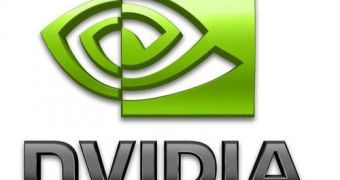It appears that NVIDIA has already completed the procedure through which Icera, a maker of baseband processors, became its subsidiary, allowing it to now sell two of the main processors used in tablets and smartphones.
Some time ago, NVIDIA announced that it had reached an agreement with Icera, through which the maker of 3G and 4G modems for mobile devices would be completely acquired and integrated into its business, as a subsidiary.
Soon afterwards, speculations arose saying that the Santa Clara, California-based GPU and mobile platform maker was going to integrate said chips into its Tegra 2 SoC (system-on-chip) devices.
NVIDIA was quick to dismantle such rumors, saying that it will only offer said baseband chips alongside its Tegra ones.
"This is a significant step forward in Nvidia’s strategy to be the processor company for the post-PC era. Over time this deal will give us a more complete and fully optimized mobile platform, immediately opens the door to the fast-growing baseband processor market, and brings a talent-packed team to Nvidia," said Phil Carmack, senior vice president of Nvidia’s mobile business unit.
In other words, this should help OEMs speed up the production and delivery of mobile computing devices and, of course, will double NVIDIAs revenue opportunity for for every one of said items.
"Over time we do believe selling these two components together will have a huge synergy for both businesses and increase our opportunity to sell Integra and also allow us to penetrate this new baseband market," stated Jeff Herbst, VP of business development at Nvidia, in an interview.
The deal involved a payment of $367 million in cash and one can be sure that the buyer will do its best to address the mobile market in full, down to the market of inexpensive phones. How it fares against the likes of Qualcomm, Broadcom and Intel remains to be seen.

 14 DAY TRIAL //
14 DAY TRIAL //